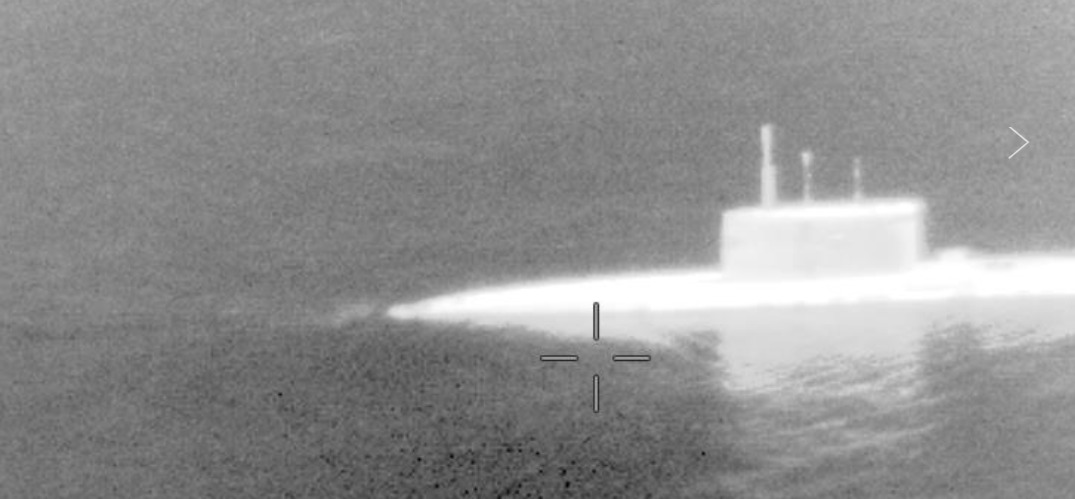Portuguese Tridente-class Submarine's Arctic Mission and Indian Submarine Deal
Key Ideas
- Portuguese Tridente-class attack submarine, 'Arpão,' successfully completes its Arctic mission under NATO, showcasing the effectiveness of diesel-powered submarines.
- Germany's expertise in constructing small, stealthy submarines like the Type 214, with air-independent propulsion systems using liquid oxygen and hydrogen fuel cells, is highly valued in the global defense market.
- India considers acquiring German submarines for its Project 75I, competing with Spain's Navantia, emphasizing technology transfer and customization to meet the Indian Navy's requirements.
- The submarine industry is witnessing intense competition with countries like Indonesia, Pakistan, and now India exploring options from various manufacturers like Germany, Spain, and China for advanced submarine technology.
The Portuguese Tridente-class attack submarine, 'Arpão,' recently completed its first voyage under the Arctic ice, marking a significant achievement for conventional submarines. Powered by an air-independent propulsion (AIP) system utilizing liquid oxygen and hydrogen fuel cells, the submarine demonstrated its capabilities in Arctic conditions during the 70-day deployment under NATO's Operation Brilliant Shield. The mission aimed at deterrence and defense of the Euro-Atlantic area against potential threats, especially in light of Russia's Arctic ambitions.
The success of the Arpão's mission highlights the effectiveness of diesel-powered submarines, offering stealth and combat capabilities similar to nuclear-powered counterparts. This effectiveness is further underscored by Germany's leadership in constructing small, stealthy submarines like the Type 214, known for their cost-efficiency and advanced AIP technology.
Looking towards potential acquisitions, India is evaluating offers from Germany's ThyssenKrupp AG for six conventional diesel submarines under Project 75I. The bid emphasizes technology transfer and customization to meet the Indian Navy's requirements, aligning with India's 'Made in India' initiative. Competing with Spain's Navantia, the submarine procurement reflects the intense competition in the global submarine market, where countries seek advanced technology for maritime defense.
While Spain offers the S80 submarine with cutting-edge features like Generation BEST AIP, Germany's offering of the Type 214 presents advantages in tailored customization and immediate availability. The emphasis on technology transfer and naval capabilities signals a strategic shift in submarine acquisitions, with India and other countries exploring options from leading submarine manufacturers for enhanced defense capabilities.
Topics
Fuel Cells
International Relations
Shipbuilding
Technology Transfer
Defense Industry
Naval Technology
NATO
Submarines
Military Alliances
Latest News
